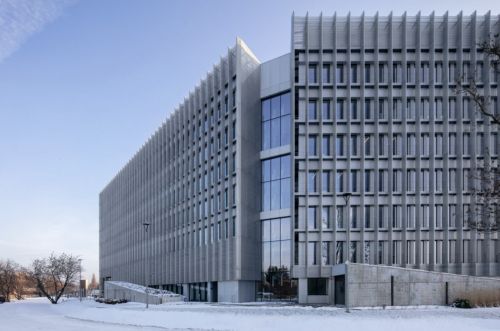According to data provided by the Association of Business Service Leaders in Poland (ABSL), between 20 and 30 new outsourcing centres are soon to be established in the country. Around 220 companies from 22 countries have outsourced their operations to Poland, out of which 80 foreign corporations employ more than 100 people and are considering further expansion.Poland ahead of the fieldPoland is currently one of the most appealing European countries for outsourcing companies. For example, Kraków is among the 30 hottest locations in the world and the leader in the EMEA region. The country has replaced former leaders - the Czech Republic and Hungary. "Poland is still the most interesting location for the BPO sector. Other CEE countries do not constitute any threat to the development of this industry on the Polish market. However, Far East countries, such as India, China and the Philippines, have been emerging as competitors. In the long-term, Ukraine, which now lacks political and econom




























































